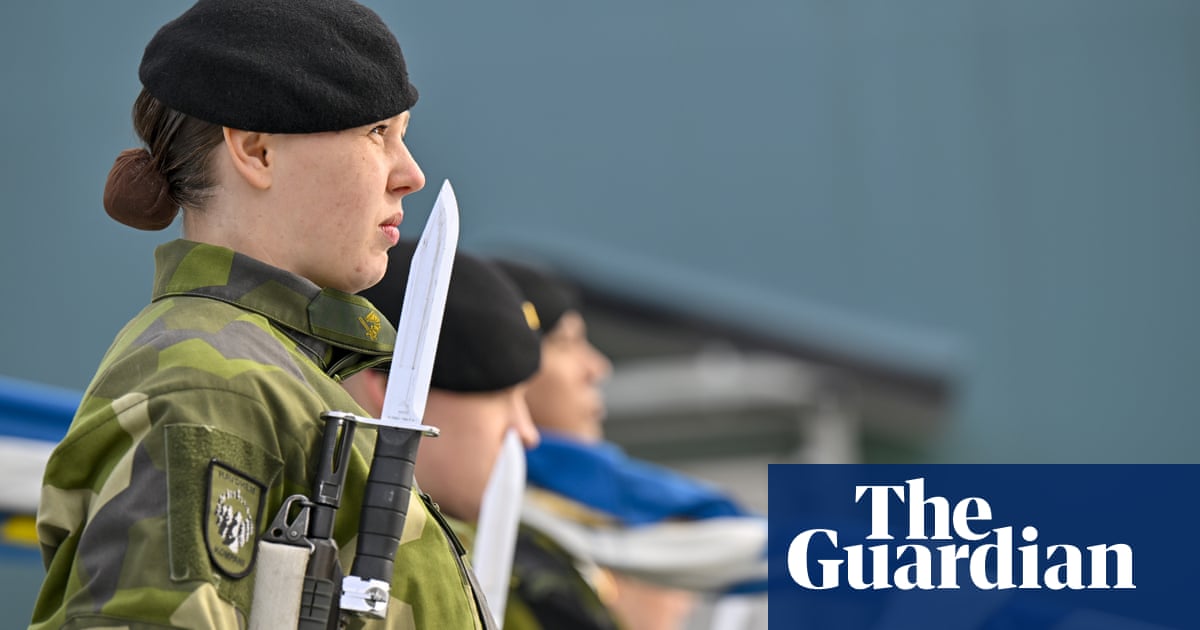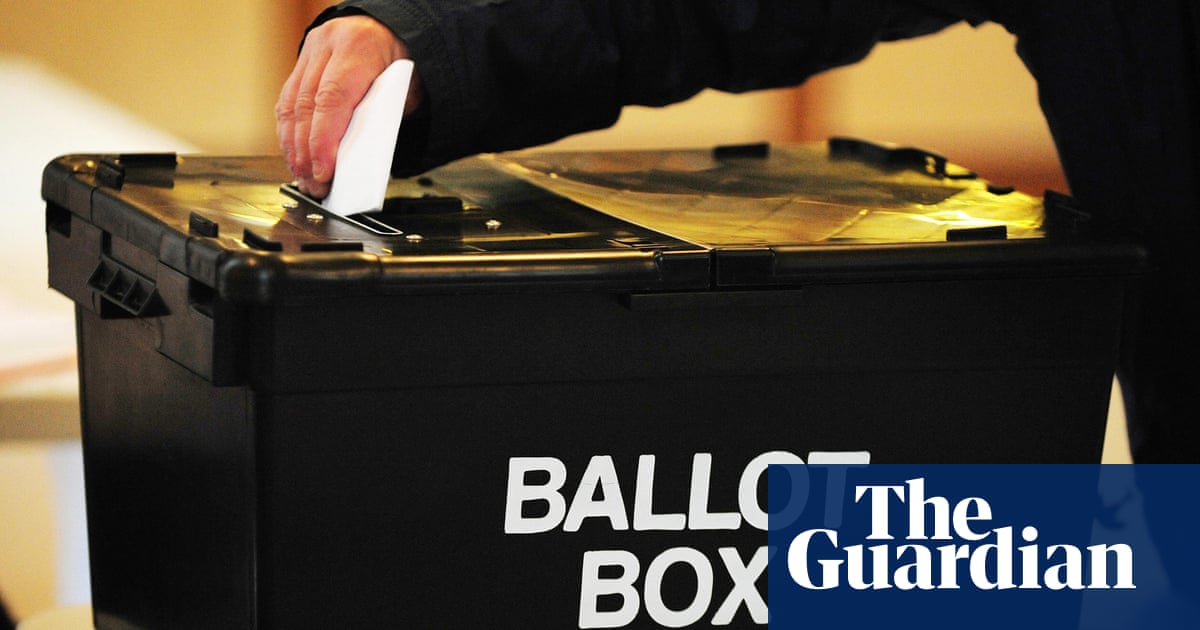Last Monday, I had lunch at the Yellow Bittern, the much-written about restaurant near King’s Cross in London where bookings may only be secured by telephone, and payment made only by a small wad of notes.
Yes, I know its analogue ethos has induced a certain crossness in some, but I loved everything about it, from the big Le Creuset pans in its galley kitchen to the flaky pastry on the beef pie we shared. Our (perfect) rice pudding came, courtesy of the restaurant’s cook, Hugh Corcoran, with a tiny glass of mirabelle – a crystal clear shot of retro naughtiness that I just about dealt with by dashing out to visit the cashpoint in the freezing cold without putting on my coat first.
Drawing on experience

Congratulations to Kate Beaton, the Canadian cartoonist and writer, whose book, Ducks: Two Years in the Oil Sands, has won the 2024 Jan Michalski prize for literature, the first time a graphic novel has done so. I’ve spent 20 years extolling the virtues of comics in the Observer, and every time one triumphs in the posh prize stakes, I’m filled with an odd kind of pride. (She knew she was right!) But Beaton’s book, a memoir in which she recounts her time in the brutal world of the oil sands of Alberta, is in a category of its own, having survived three rounds of voting by judges in competition with novels, poetry and illustrated works published internationally between 2021 and 2024. Not only a victory, then, but also a bold proclamation.
Ghosting stakes

Listening to Shannon Kyle describe her time working as a ghostwriter to Gregg Wallace, the suspended MasterChef presenter, was ghastly if not, at this point, completely surprising (Wallace has “stepped away” from presenting the show while his past behaviour on set is investigated).
On one occasion, Kyle alleges, Wallace greeted her wearing only a towel; on another, he made off-colour remarks about where, exactly, he wanted to stick some Eton Mess. Kyle had signed a non-disclosure agreement. She feared that if she spoke out, she would lose her job.
In the ghosting stakes, such encounters are doubtless pretty rare. But even when they go well, these gigs are a strange and agonising business: so many hours spent together, and yet this person is not, and never will be, a friend.
I laughed when I read that Wallace has “written” several books. When I was briefly a ghost, no sooner had the autobiography of my “author” been published than he began work on another one, with a new ghost. I mean, the guy was only 40.
after newsletter promotion
Has Wallace read any of “his” books? I don’t know, but I have a vivid memory of interviewing the darts player Phil “The Power” Taylor, on the publication of his memoir. “I haven’t read the bloody thing!” he shouted, when I asked a question about its contents.
None of this, however, touches the sides of the experience of Jennie Erdal, whose masterpiece of 2004, Ghosting, is the best account of this weird relationship ever written. Erdal spent 20 years working for the publisher Naim Attallah during which time she ghosted not only novels for him but also a newspaper column, book reviews, interviews and some love letters. There’s a priceless scene in her book in which Attallah describes his latest idea for a novel. It’s to be about a man and his two female lovers, the latter so closely harmonised they always have orgasms at the same time, no matter where in the world each is. When the book was published, Attallah read one bafflingly kind review out loud to Erdal. “You see!” he told her, triumphantly. “He says we can write.”
Rachel Cooke is an Observer columnist
-
Do you have an opinion on the issues raised in this article? If you would like to submit a letter of up to 250 words to be considered for publication, email it to us at [email protected]

.png) 1 month ago
10
1 month ago
10













































